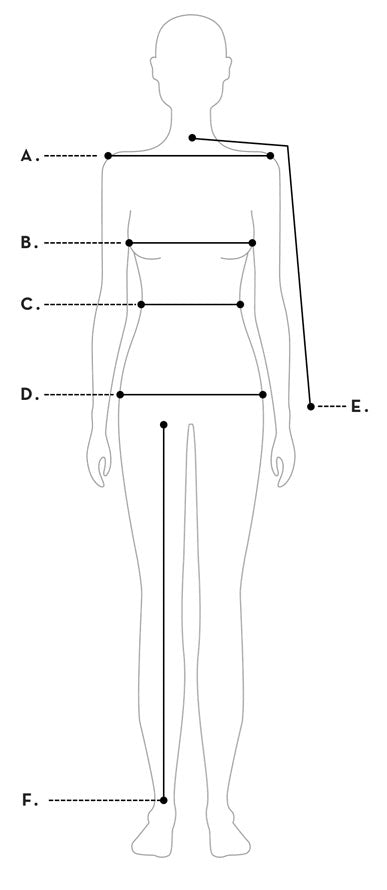
Pam Montana, photographed by Ray Chavez via The Seattle Times
Women's Alzheimer's Movement at Cleveland Clinic
Living with Early-Onset Alzheimer’sQ&A
What is living with Alzheimer’s like?
PM: It's horrible. I mean, I’m not depressed or anything like that, but this certainly isn't the life I wanted. I know that it’s happening; I know when I’ve asked the same question a million times. The good thing about me is that I have a really strong faith. I am a really positive person. I love everybody, I love life, so I’m going with the flow.
Kristen, what has been the hardest part of this process for you?
KA: The hardest part is mourning while the person is alive. She’s not the same person I grew up with. My husband and children will never know what she was like. I get annoyed not at her but the change in behavior. She’ll tell me the same thing she told me two minutes ago. Or she’ll come over my house and say she needs to lay down, even though she just arrived. Stuff like that is triggering because they’re glaring representations of the disease impacting her. This person is great and I love her—and I’ll take this person over no person at all—but it’s still completely different.

Kristen Arrigotti, left, with her mom
Advice to caregivers on how to navigate those emotions?
KA: Have grace for yourself and for the person who’s going through this. It’s impossible not to be frustrated because you’re dealing with trauma, but find gratitude for whatever the relationship is. And do whatever it is that grounds you, like a five-minute meditation break. Sometimes, I have to walk out of the room for a minute or two to level-set. When I come back, I’m in a much better place to be present and understanding.
How has the disease progressed since you were diagnosed seven years?
PM: I’ve noticed a lot of progression recently. At first, I felt like I was on top of my game. I turned having Alzheimer’s into a job—I spoke all over the country, I fundraised…. I can’t do that anymore. Now, I can’t even calculate a tip. So there's frustration. I have constant headaches, constant ringing in my ears, constant exhaustion. I need a lot of rest now and that’s not like me. I’m typically Chatty Cathy and an Energizer Bunny.
What inspired you to go public with your struggles and start your blog?
PM: It’s a legacy. This blog is going to be there forever for my family. My grandkids can read it when they’re in high school to learn more about me. And, you know, in writing it, I got my feelings out.

Pam (and her roses) at home in Danville, California
“Alzheimer’s looks like me and it looks like you; Alzheimer’s looks like everybody.” — Pam Montana
PM: It’s not your grandma in a wheelchair with her hair all crazy. Alzheimer’s looks like me and it looks like you; Alzheimer’s looks like everybody.
KA: My situation was the opposite—I was minimizing what was going on with her and she was telling me something was wrong. The most important thing is to not bury your head in the sand. Have the conversation, go to the doctor. Because at the end of the day, whether you want to acknowledge it or not, the person you love has Alzheimer’s.
KA: Plan ahead. Have the conversations in advance so you know what the expectations are. My mother and I agreed that our relationship wouldn’t be one where I was her primary caregiver. We’ve talked about a combination of in-home care and, potentially, a facility.
PM: I want to be treated like everybody else. Some days are better than others, obviously, but you keep going. I’ll never forget what my doctor, Dr. Fanny Elahi at UCSF, told me when I got my diagnosis: “Do what makes you happy.” This is what I think about all day, every day.

Pam with family, friends and, top left, WAM founder Maria Shriver

